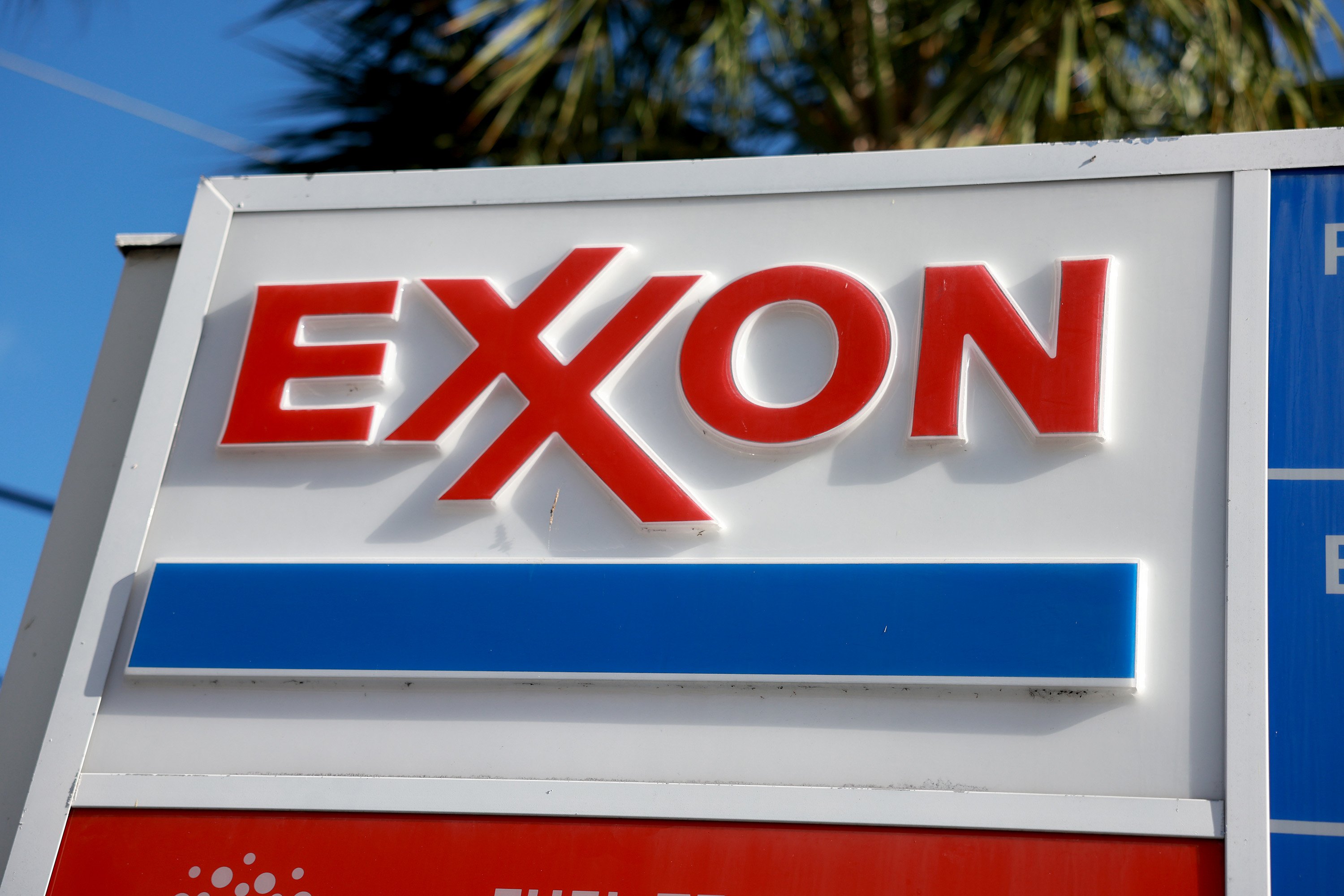Past performance might not be indicative of future results, but a business that has paid a dividend to shareholders and has consistently raised that payout year in and year out for 25 years or more might be a good bet to continue doing so.
It speaks to a conservative management team that has the long-term interests of shareholders in mind, and not short-term gains to satisfy Wall Street. That's why investors might want to consider these three dividend stocks when looking for a company that will continue paying them for the rest of their lives.

Image source: Getty Images.
The future of food
Typically seen as a grain and oilseeds processor, Archer Daniels Midland (ADM 0.64%) is using that expertise to expand in new directions, capitalizing on the growing popularity of plant-based proteins and tapping into our overindulgence toward our four-legged friends. The animal nutrition business continues to grow, and some analysts forecast it will be bigger than even chocolate in the next few years.
Archer Daniels Midland had pursued a growth-by-acquisition strategy over the past few years, spending some $7 billion, particularly to buy businesses in Europe, the Middle East, and Africa. Having planted that flag, though, it is now returning to a focus on organic growth. One of those acquisitions was Neovia, an animal nutrition specialist it acquired earlier this year for $1.7 billion. It changed ADM's position in the market from being just a supplier of ingredients to manufacturers, to making its own consumer brands, which should help it tackle the $91 billion pet food market from a different angle.
That's not to say ADM will be able to rise in a straight line. Its commodities-based business still suffers fluctuations in demand, and there is volatility globally in such markets. Third-quarter adjusted earnings per share were $0.77, down from $0.92 in the prior-year quarter.
Still, there are long-term trends in ADM's favor. It has a nearly 90-year history of paying dividends, and has consistently raised the payout every year for the last 40 years. With the dividend yielding over 3% annually now, this should be a dividend stock to sleep soundly with.
Banking on housing's growth
People's United Financial (PBCT +0.00%) is another company expanding its opportunities by pursuing acquisitions. Just last month it completed the purchase of United Financial, the holding company for United Bank, a regional credit union in Connecticut and western Massachusetts. People's is itself concentrated in the Northeast and New England, where it has been able to increase its market share over the past few years.
The personal and commercial real estate lender has strong financials, with net interest income for the third quarter at $348.7 million, up $600,000 year over year, due mostly to improved deposit pricing and lower balances. People's United also had a stable net interest margin of 3.12%, even though the quarter featured declining interest rates. That's because management was proactive on deposit costs, and its new business yields were higher than the total loan portfolio yield.
As a financial institution, it is subject to the vagaries of the broader economy, and the Great Recession set it back significantly, with earnings cut in half. Yet through it all, it remained profitable and continued raising its dividend, unlike so many other banks that cut theirs. In fact, it has increased its dividend for 25 consecutive years, and the payout currently yields 4.2% annually.
Fueling expansion in oil and gas
ExxonMobil (XOM +2.10%) is one of those companies that everyone knows, but not everyone might understand, if only because most people probably only ever think about it when they fill up their car's gas tank.
It is one of the largest energy companies in the world, and is subject to the volatility of the oil and gas markets, which at the moment happen to be exceptionally weak. That's why Exxon reported third-quarter earnings that were slashed 50%. Yet because of the strength of its balance sheet, the energy giant will be able to use the opportunity of muted pricing to expand production when others need to reel in their spending to conserve cash.
Such plans impose costs on Exxon up front, but it will benefit down the road. And when investors are looking for companies to pay them for the rest of their lives, finding businesses with foresight is a key attribute.
Exxon has increased its dividend every year for the last 37 years, through lean times and those with more fat. Its shares are down 16% after its earnings report, which makes its dividend yield almost 5% annually, and that record of dividend hikes does not look like it's in any danger.







